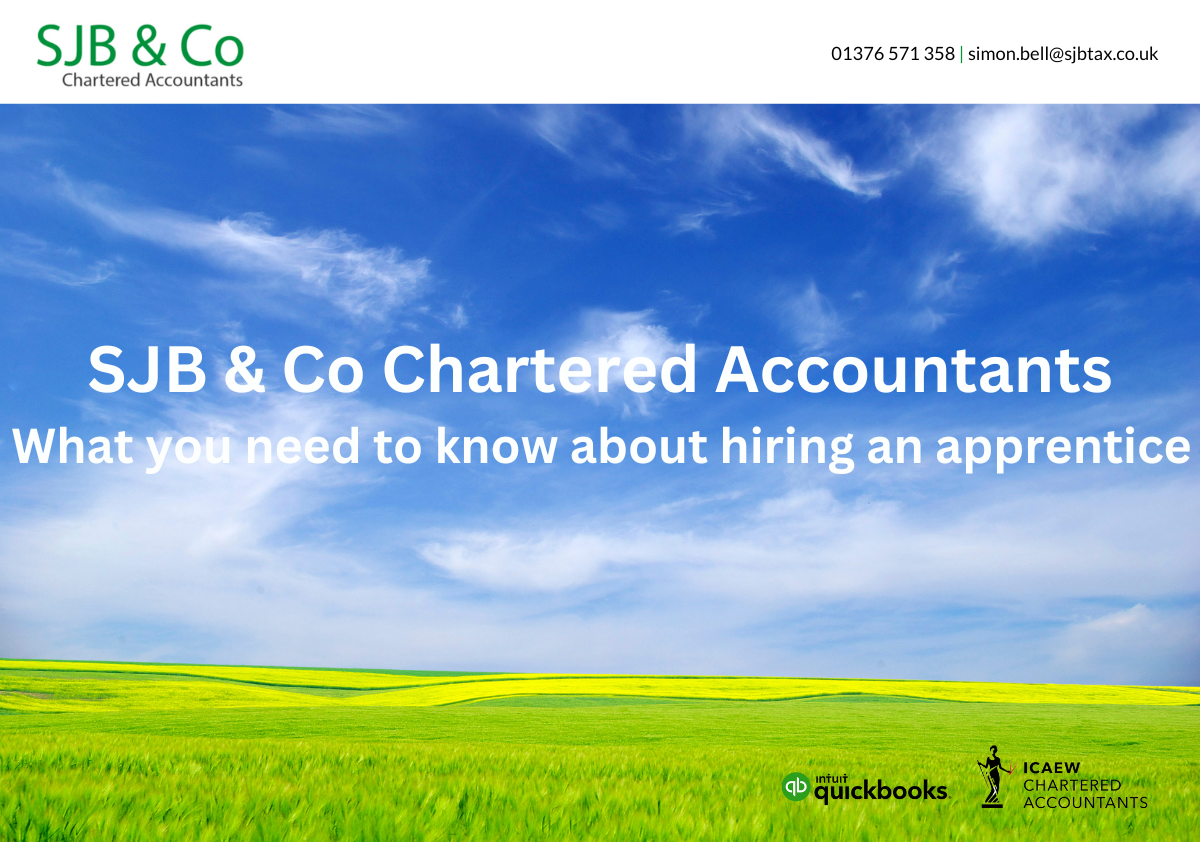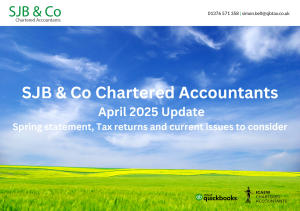| What you need to know about hiring an apprentice |
1. Understanding the basics of apprenticeships
First off, let’s get a handle on what an apprenticeship actually is. In the UK, an apprenticeship is a work-based training program that combines on-the-job learning with formal study. Apprentices work towards a nationally recognised qualification while gaining valuable hands-on experience in their chosen industry.
Apprenticeships can last anywhere from one to five years, depending on the level and complexity of the qualifications. They’re available in a wide range of industries and roles, so no matter what your business does, there’s likely an apprenticeship scheme that will fit the bill.
2. Getting to grips with apprenticeship funding
One of the most attractive aspects of hiring an apprentice is the financial support available from the UK government. As an employer, you could be eligible for the Apprenticeship Levy, which helps cover the cost of training your apprentice. Smaller businesses that don’t qualify for the levy can still access funding through the government’s co-investment scheme, which covers up to 95% of training costs.
This support makes apprenticeships a cost-effective way to invest in your workforce, allowing you to develop the skills you need for the future while keeping training budgets in check.
3. Finding the right training provider
To make your apprenticeship a success, it’s crucial to partner with a high-quality training provider. They’ll be responsible for delivering the formal training and assessments that make up the apprenticeship programme, so it’s essential to choose a provider that aligns with your business’s values and goals.
Do your research to find a provider with a strong track record in your industry and a flexible approach to training. It’s also important to check that they’re registered with the Education and Skills Funding Agency (ESFA), which oversees apprenticeship funding in the UK.
4. Attracting the best candidates
To get the most out of your apprenticeship programme, you’ll want to attract top-notch candidates who are eager to learn and want to actively contribute to your business. Make sure your job advert is clear, engaging, and highlights the unique benefits of working with your company.
It’s also a good idea to promote your apprenticeship vacancies through local schools, colleges, and job centres, as well as on social media and your company website. Don’t be afraid to think outside the box when it comes to reaching your target audience!
5. Preparing your team
Finally, it’s important to ensure your existing team is ready to welcome and support your new apprentice. Make sure your staff understands the purpose and benefits of the apprenticeship programme and assign a mentor or supervisor to guide your apprentice through their training.
Need help hiring the right people?
Hiring an apprentice can be a game-changer for your business, but it’s crucial to approach the process with care and consideration. If you need help or advice when it comes to getting the right people in the right places within your business, reach out! As accountants, we can help you make the best decision for you and your business.
Please feel free to forward this newsletter to any colleagues or friends who may be interested in it.
For more information or to discuss any issues raised above please contact Simon Bell by phone on 01376 571358 or email [email protected]
This article is written in general terms and therefore cannot be relied on to cover specific situations; applications of the principles set out will depend on the particular circumstances involved and it is recommended that you take professional advice before acting or refraining from acting on any material in the newsletter.






